detail profile max maximilian
Peran Yang Di Mainkan Max Maximilian
 A waitress plans revenge on the...
A waitress plans revenge on the...Der Bund der Drei 1929
A waitress plans revenge on the man whom she believes killed her mother.
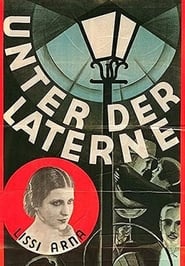 Else Riedel Lissy Arna locked out...
Else Riedel Lissy Arna locked out...Under the Lantern 1928
Else Riedel (Lissy Arna), locked out by her authoritarian father, seeks refuge with her boyfriend Hans. Complications threaten when Hans's roommate Max falls in love with her, but the situation is resolved: the three remain friends, and decide to form a music hall act. They want to ascend, but how? A way out beckons when a theatrical agent named Nevin enters Else’s life. He is played by Hubert von Meyerinck as a slick and oily villain, who oozes refinement; his experience behind bars is waved away with a silk scarf. He is cunning to the point of perfidiousness, but is not completely unsympathetic. He also embodies a new type - the scrounger.
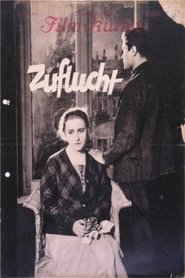 After eight years in exile Martin...
After eight years in exile Martin...Refuge 1928
After eight years in exile Martin returns to Berlin. He was involved in the German Revolution of 1918/1919 and had to leave the country as a result. Impoverished and lonely, he struggles on alone until the market saleswoman Hanne offers him shelter, although she does not have much money either. They fall in love and Martin even finds work on the construction site for the subway through Tempelhofer Feld. One day, however, he collapses there, whereupon the pregnant Hanne tries to nurse him back to health.
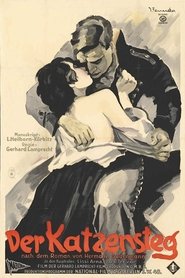 In 1807 Prussia Napoleon supporter Baron von...
In 1807 Prussia Napoleon supporter Baron von...The Cat's Bridge 1927
In 1807 Prussia, Napoleon supporter Baron von Schranden forces his maid Regine to lead the French enemy across “Cat’s Bridge”, up behind a corps of Prussian volunteers who the French then decimate. In retaliation for this betrayal, the people of Schranden set the lord’s castle on fire. When the baron’s son Boleslav returns to the village a Prussian war hero in 1813, he is faced with a self-righteous village community that has denied his late father a decent burial. Regine is Boleslav’s only ally, and Boleslav is Regine’s only ally. The conflict escalates, and the villagers set up an ambush for him at Cat’s Bridge …
 For Balduin going out to beer...
For Balduin going out to beer...The Student of Prague 1926
For Balduin, going out to beer parties with his fellow students and fighting out disputes at the tip of the sword have lost their charms. He wants to find love; but how would he, a penniless student, ever dare looking up to any woman worth of loving? Absorbed in his dreary thoughts and indifferent to the advances of Lyduschka, Balduin is unexpectedly offered a fortune by the mysterious money-lender Scapinelli - but on a strange condition...
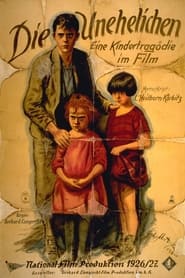 If watching a fellow facing indifferencerejection...
If watching a fellow facing indifferencerejection...Children of No Importance 1926
If watching a fellow facing indifference/rejection in the slums of Berlin didn't convey enough pathos, Gerhard Lamprecht gathered much of the same crew from Die Verrufenen and turned his attention to the city's population of unwanted children for the heart-tugging Die Unehelichen, released the following year. The trio of foster children at the center of Die Verrufenen are survivors who use their own resourcefulness to get by when the kids' guardians and the system itself let them down.
 In Menschen Untereinander The Folk Upstairs...
In Menschen Untereinander The Folk Upstairs...People Among Us 1926
In "Menschen Untereinander" ("The Folk Upstairs"), director Gerhard Lamprecht sketches a cross-section of Germany's new post-war society, with its winners, social climbers, and losers, represented by the social microcosm of an apartment building. The gossip-mad Frau Mierig (Lydia Potechina) from the rear building gives the newly-arrived Frau Kaminski (Käthe Haack), the janitor's wife, a lively initiation into the tenants and their peculiarities.
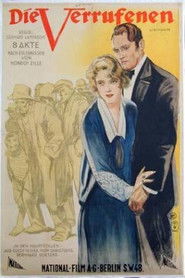 It was not just the children...
It was not just the children...In the Slums of Berlin 1925
It was not just the children who were treated badly by the wealthy Weimar republic. Robert Kramer is released from prison but struggles to adjust to civilian life. His father disowns him, his wife has left him for another man. There is no work. He eventually arrives in a shelter for the homeless, and seeks salvation through Emma, a prostitute.

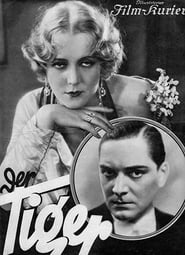 Mysterious murders committed by a criminal...
Mysterious murders committed by a criminal...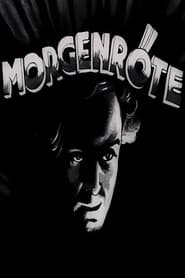 A young student Stephan inherits shares...
A young student Stephan inherits shares...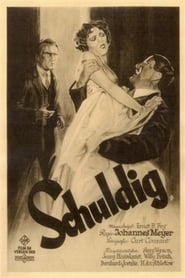 Guilty Thomas Feld returns home after 16...
Guilty Thomas Feld returns home after 16...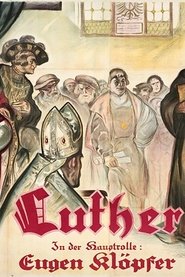 German silent film about the life...
German silent film about the life... Silent epic on the final years...
Silent epic on the final years...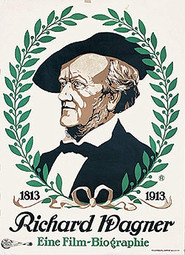 The story of the great German...
The story of the great German...